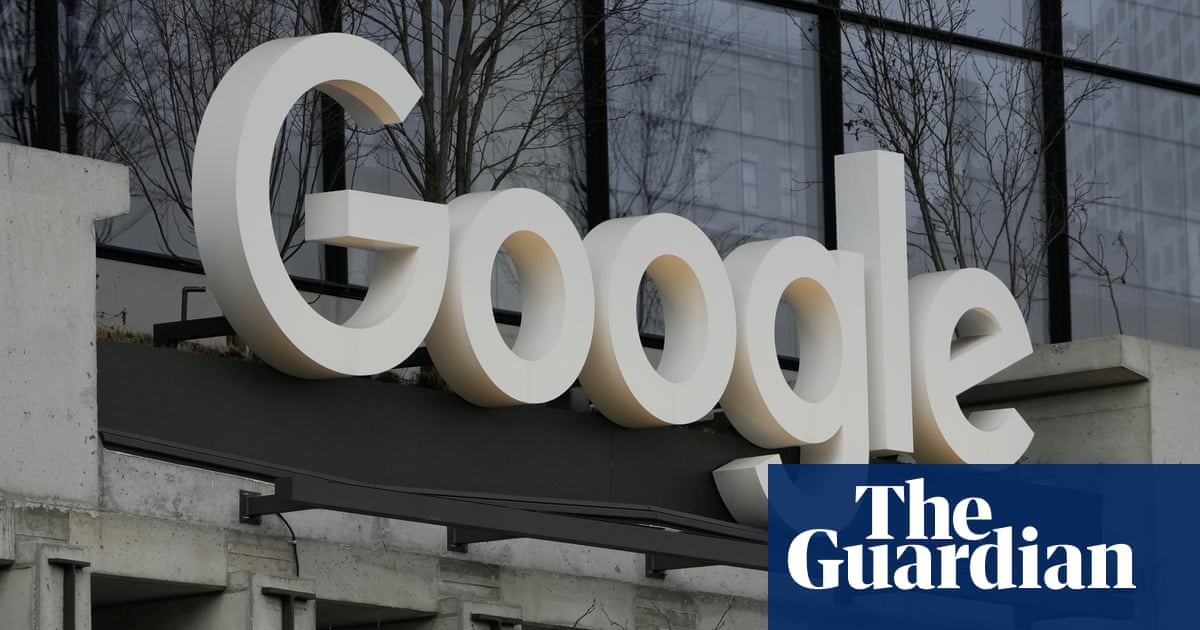Google agreed to destroy billions of records to settle a lawsuit claiming it secretly tracked the internet use of people who thought they were browsing privately in its Chrome browser’s incognito mode.
Users alleged that Google’s analytics, cookies and apps let the Alphabet unit improperly track people who set Google’s Chrome browser to “incognito” mode and other browsers to “private” browsing mode.
They said this turned Google into an “unaccountable trove of information” by letting it learn about their friends, favorite foods, hobbies, shopping habits and the “most intimate and potentially embarrassing things” they hunt for online.
Terms of the settlement were filed on Monday in the Oakland, California, federal court, and require approval by US district judge Yvonne Gonzalez Rogers. The class action began in 2020, covering millions of Google users who used private browsing since 1 June 2016.
Under the settlement, Google will update disclosures about what it collects in “private” browsing, a process it has already begun. It will also let incognito users block third-party cookies for five years.
“The result is that Google will collect less data from users’ private browsing sessions, and that Google will make less money from the data,” the plaintiffs’ lawyers wrote.
Lawyers for the plaintiffs valued the accord at more than $5bn, and as high as $7.8bn. Though users will not receive damages, they may still sue individually for damages. Google did not immediately respond to requests for comment.
According to court papers, Google supports final approval of the settlement but disagrees with the plaintiffs’ “legal and factual characterizations”.
“We are limited in how strongly we can market Incognito because it’s not truly private, thus requiring really fuzzy, hedging language that is almost more damaging,” Google’s chief marketing officer, Lorraine Twohill, wrote to the CEO, Sundar Pichai, in 2019.
David Boies, a lawyer for the plaintiffs, in a statement called the settlement “a historic step in requiring honesty and accountability from dominant technology companies”.
A preliminary settlement had been reached in December, advertising a scheduled 5 February 2024 trial. Terms were not disclosed at the time. The plaintiffs’ lawyers plan to later seek unspecified legal fees payable by Google.
The company has faced similar suits before. In 2022, the Texas attorney general sued the company, alleging that “incognito mode or ‘private browsing’ is a web browser function that implies to consumers that Google will not track your search history or location activity”.







